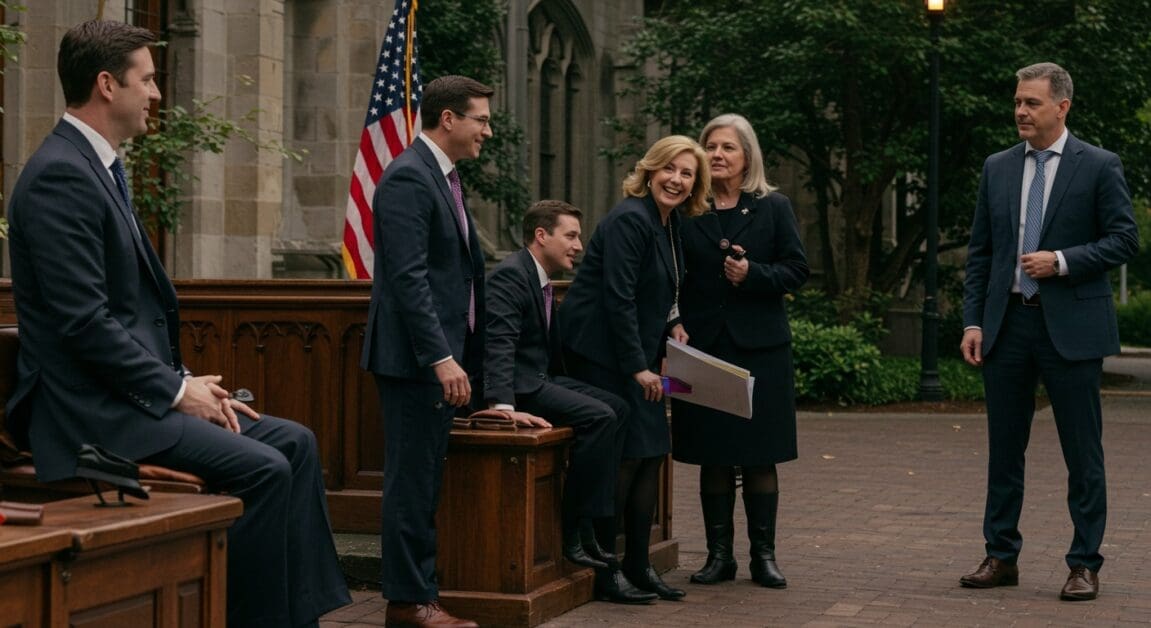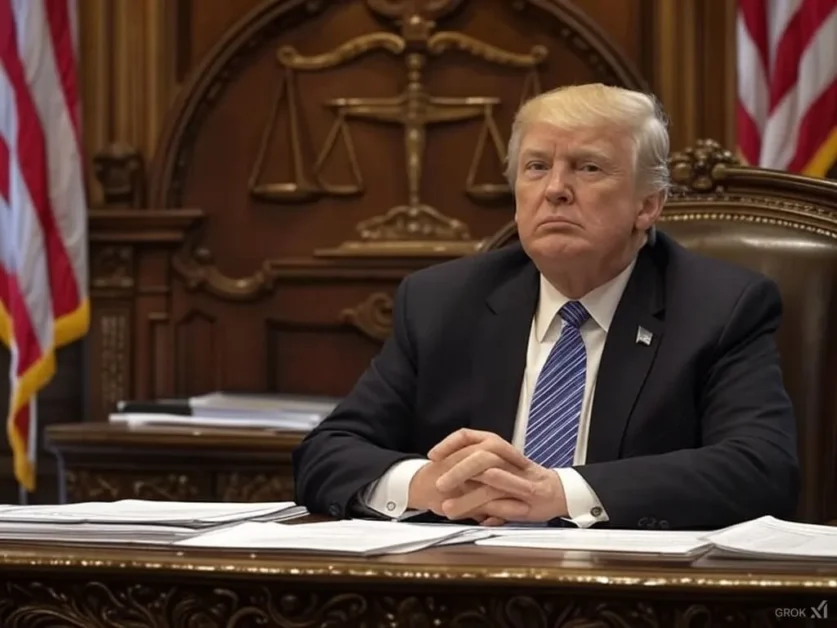How Do Supreme Court Decisions Affect Health Care and Discrimination Laws?
Supreme Court decisions have profound and far-reaching effects on health care and discrimination laws in the United States. Recent rulings by the nation’s highest court have reshaped the legal landscape surrounding critical issues such as access to medical care, protections against discrimination, and the regulatory authority of federal agencies. These decisions influence not only the […]
How Do Supreme Court Decisions Affect Health Care and Discrimination Laws? Read More »









